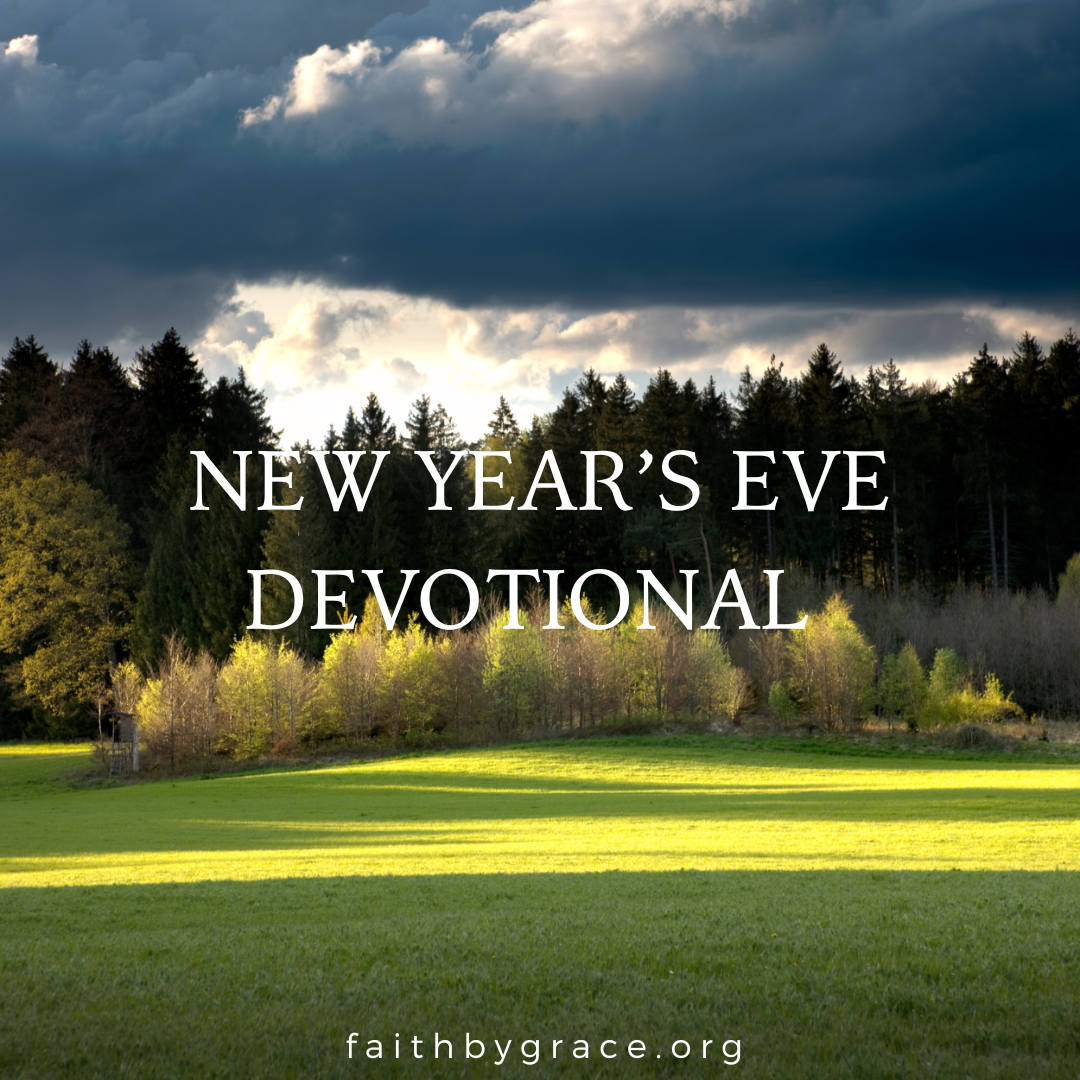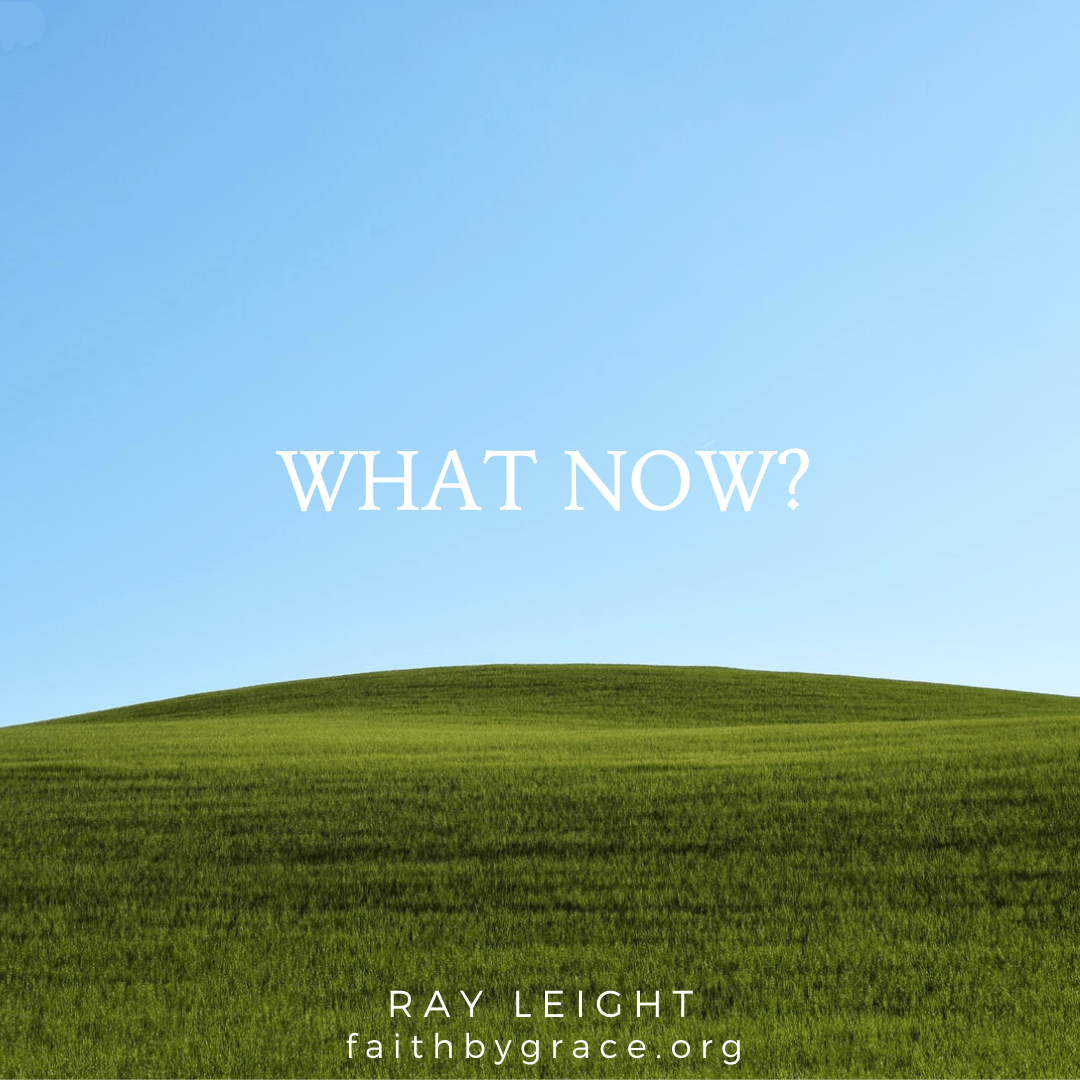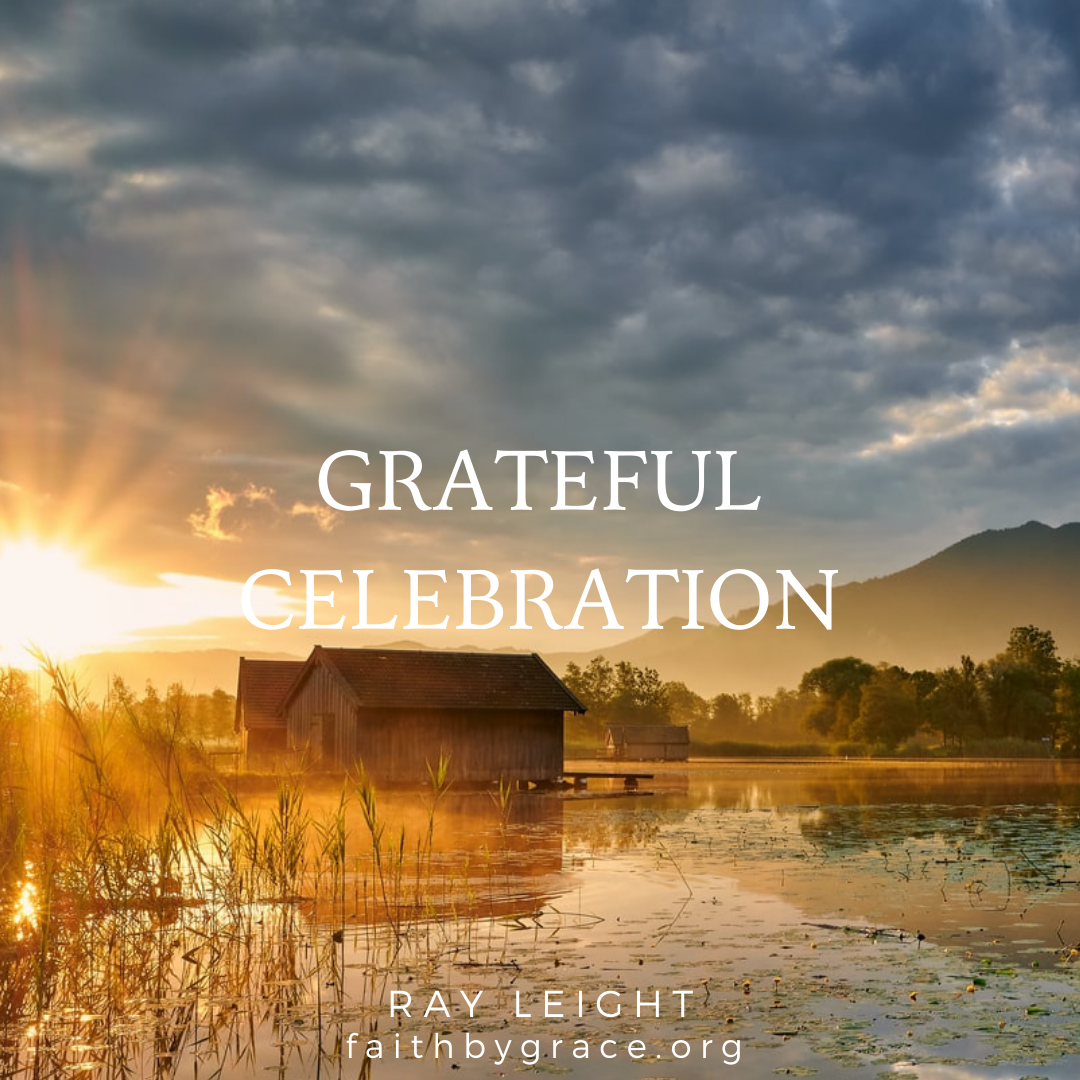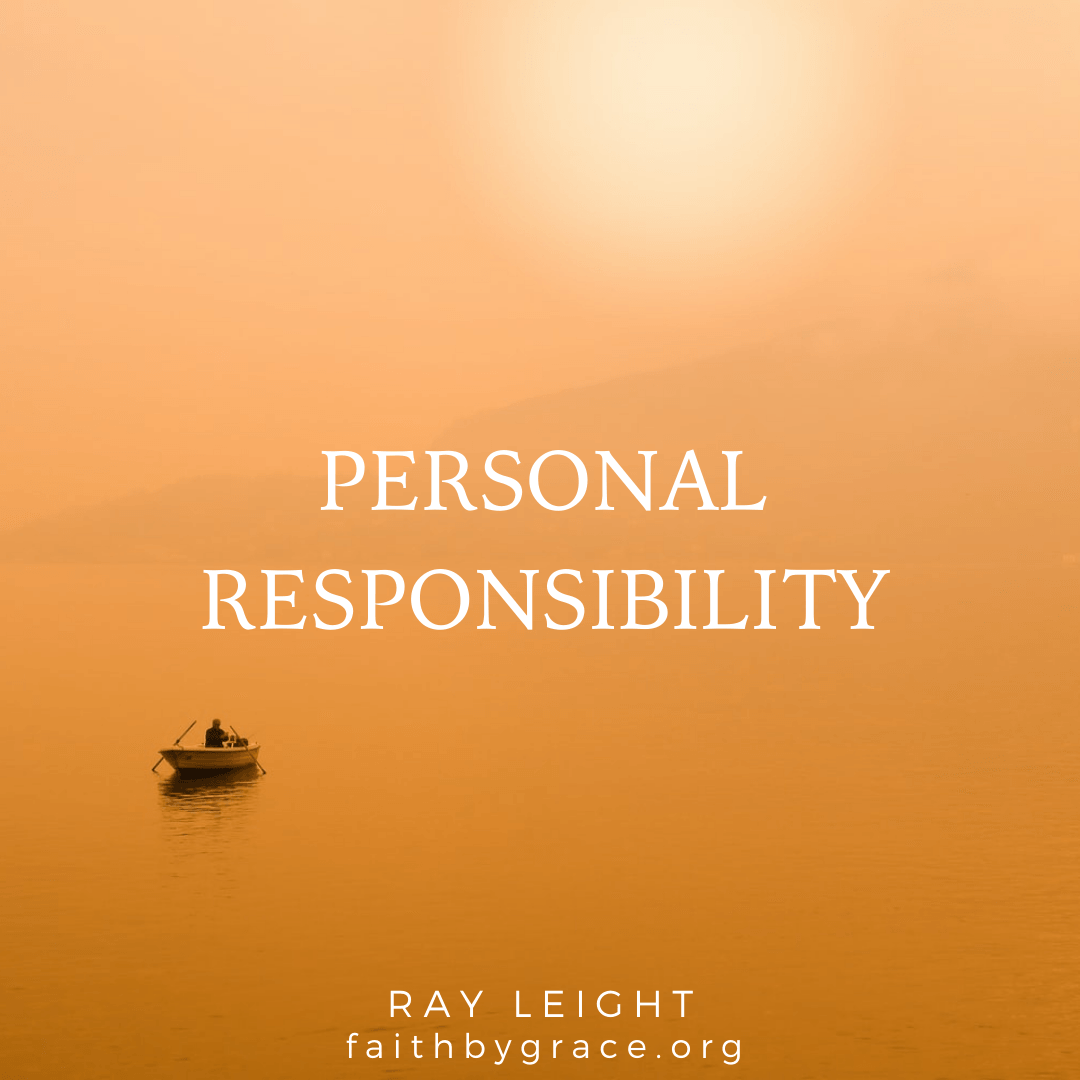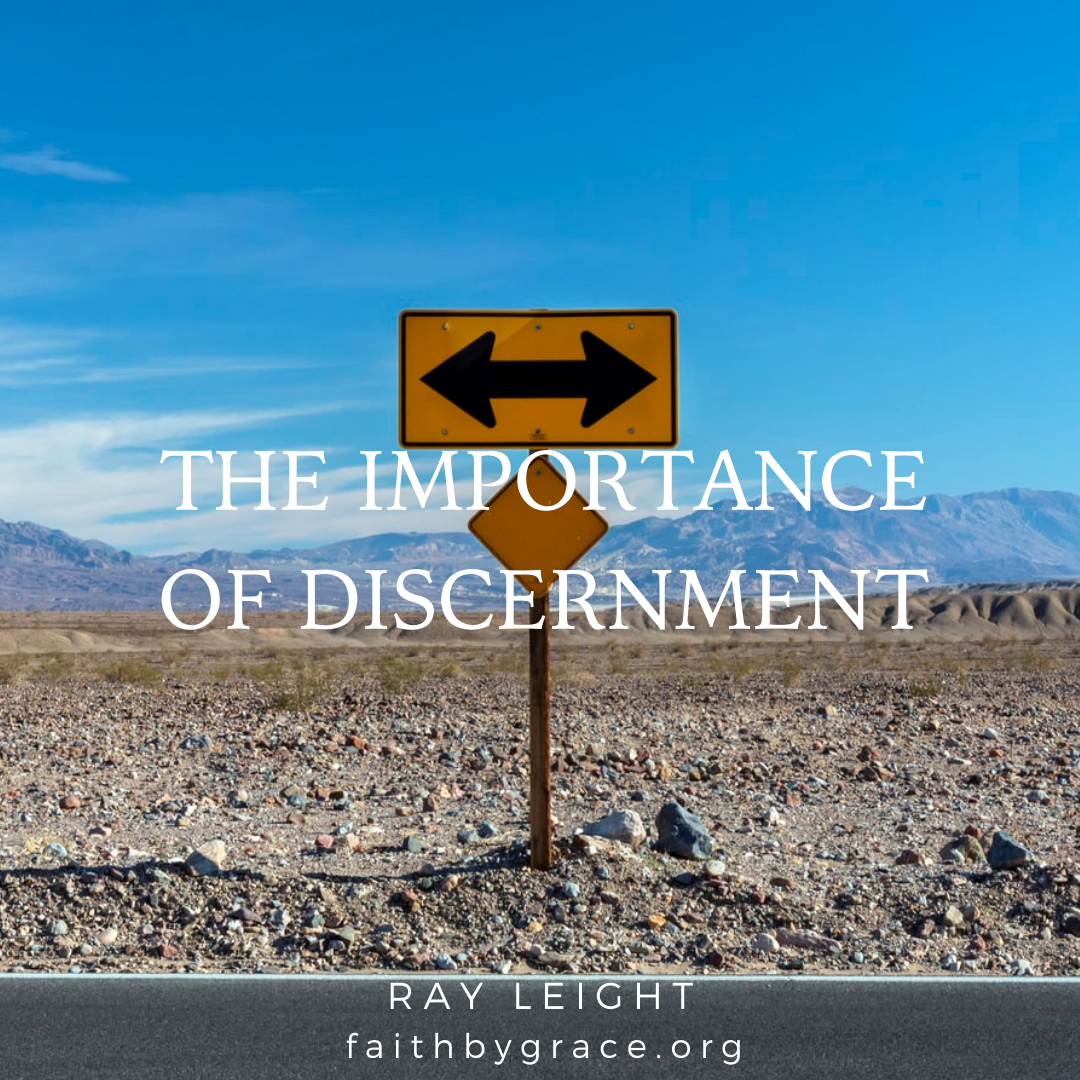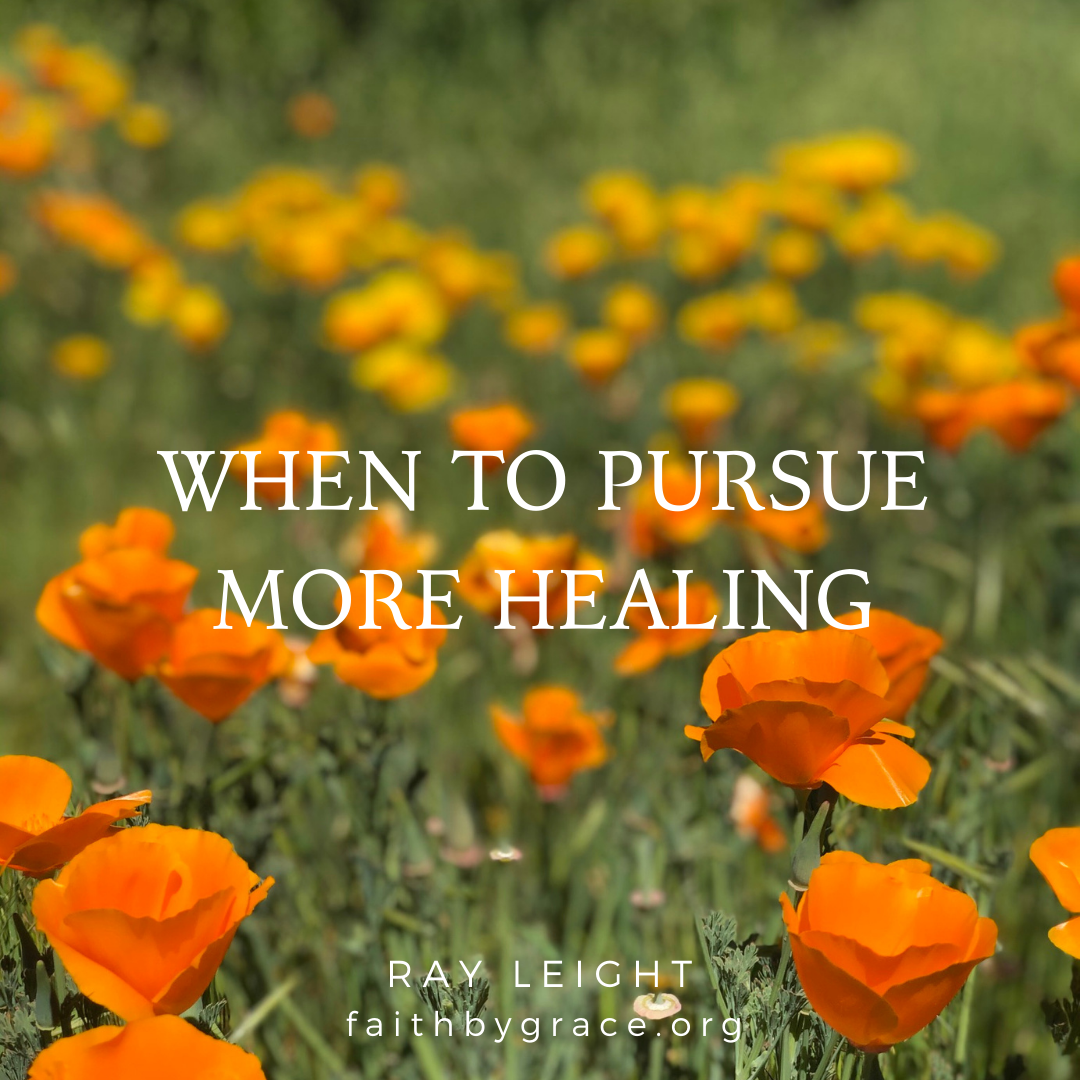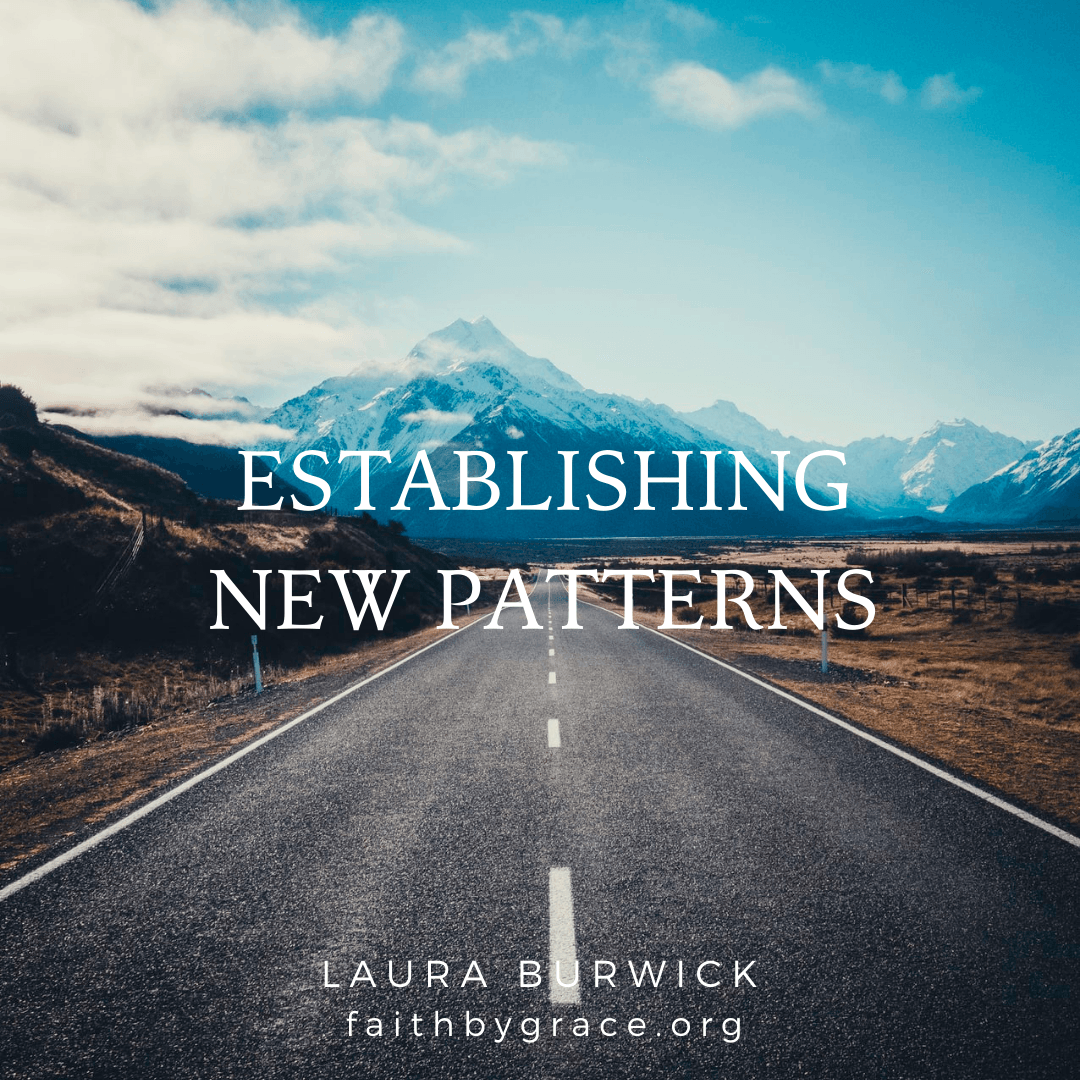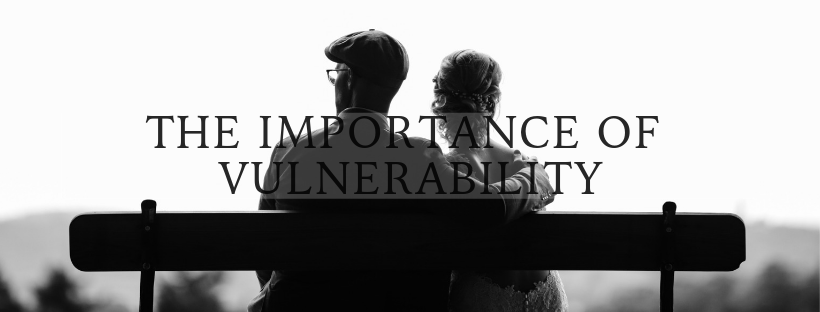The Importance of Vulnerability
Vulnerability! Wow, do we really have to talk about that? Haven’t we suffered enough? Isn’t it bad enough that I must try and move on with my life after this traumatic loss? Now you want to talk about being vulnerable with the possibility of getting even more hurt?!
Unfortunately, in many social circles, vulnerability is not something that is respected or safe. I can look back at my own life and see that there was almost a standing “miranda rights” rule. Anything I said could and would be used against me. Your childhood may not have been like that, but I am sure all of us have experienced this at some level. Key people you thought you could trust may have used your vulnerability against you and hurt you. This is a very sad aspect of a fallen world.
Vulnerability is a very misunderstood concept. Because of this, it isn’t something that people easily choose in their grieving process. Vulnerability is almost a dirty word. Even though it may not be said directly, it is commonly treated as a weakness. It can be viewed as either too emotional or unimportant. We have been trained to not show weakness, so if vulnerability is a weakness, we can’t go there.
The thinking that vulnerability always means connecting with some emotionally sensitive area in your heart is not accurate. It can be that, but it is not always. Vulnerability does not necessarily have anything to do with emotional sensitivity. It is a much broader concept than being emotional. I think it has been reduced to this understanding because of the trauma, betrayal, and abuse that people have experienced in their lives.
Commonly people will mentally replay what has happened to them, and then retell it to others. They will repeatedly explain details of old traumatic events thinking this is vulnerability. Many people use the detailed traumatic stories as a self-protection, keeping themselves from being vulnerable and known.
For example, think about a building that is protected with a security perimeter. Imagine someone is walking you around, showing you the perimeter of the building. They show you the walls, fences, and guards. They explain to you how there have been attempted break ins, or damage done from previous incidents. They tell you in detail what happened, and how they defended themselves against it. They may even tell you how they have built up their defenses in those areas in case another attack comes. They could repeatedly walk you around the building showing you all the trauma and explain the details of what happened, in the past, and still never reveal to you what is inside the building. In this same way, someone can share in-depth details about past traumatic events in their life and never let themselves be known. This is not vulnerability.
Before we discuss vulnerability in our grieving process, let’s look at what vulnerability is. We have already looked at some aspects of what vulnerability isn’t. Now let’s focus more on what it is.
In my opinion, vulnerability is the willingness to authentically present yourself without any self-protections. This covers all aspects of yourself. Your dreams, hopes, ideas, beliefs, thoughts, desires, emotions, disappointments, fears, inspirations, joys, hurts, and pain. It is so much more than just connecting with emotionally sensitive areas of your heart.
Vulnerability is not about what has happened on the outside. Vulnerability is being honest about what is happening on the inside. This is where healing happens. Unfortunately, sometimes we do not have people in our lives that are safe to be vulnerable with. If you do not have someone in your life that you can be honest with, get professional help. Having someone that you can be fully honest and vulnerable with is priceless.
Why do we need to talk about vulnerability in the grieving process? Because it is pivotal in the rebuilding of relationships, mindsets, and attitudes. Vulnerability is pivotal in the rebuilding of a healthy life.
“My grace is sufficient for you, for my power is made perfect in weakness.” – 2 Corinthians 12:9
I do not believe that vulnerability is a weakness. I personally think vulnerability is where we are the strongest. The areas where we won’t let ourselves be vulnerable are the weaknesses. Those are the areas we self-protect. If we will be honest with ourselves, in those areas of weakness, where we think we can’t be vulnerable, we can allow God’s strength to be made perfect. We can become vulnerable and free.
Honesty with ourselves is a key piece to vulnerability. Being honest with ourselves is where it all starts. If we are not willing to acknowledge and process what is actually happening in our hearts and minds, we may move into fear, resentment, and bitterness, causing us to self-protect and lose connection with ourselves and others. Eventually this can lead to an emotional disconnection to ourselves where we deny what is happening and perform to the cultural expectations around us.
As believers, we may think it is inappropriate to have and/or express certain thoughts or emotions. The idea that we shouldn’t have these thoughts and emotions can cause us to deny what we are experiencing. This then prevents us from being honest with ourselves and vulnerable with God.
We destroy arguments and every lofty opinion raised against the knowledge of God, and take every thought captive to obey Christ. – 2 Corinthians 10:5
Vulnerability is a key part of the grieving process. You have a choice to either be vulnerable with God, receive comfort from Him, and build new healthy beliefs and responses, or isolate yourself and build new lies and unhealthy self-protections. Your willingness to be honest and vulnerable with God and yourself will help you heal. If you need help with this process, my Identity Restoration book will be a great resource for you.
These moments of vulnerability with God are the places where healing happens. When you can authentically present yourself to God, without any limitations or self-protections, He will comfort you and provide authentic healing. Once you can be honest with yourself, and with God, you may soon feel safe enough to be vulnerable with others.
You can do this. It may take time for you to be able to be vulnerable. That is OK. God will still be there when you are ready.
Blessings,
Ray
Sign Up for Finding a New Normal Resources
